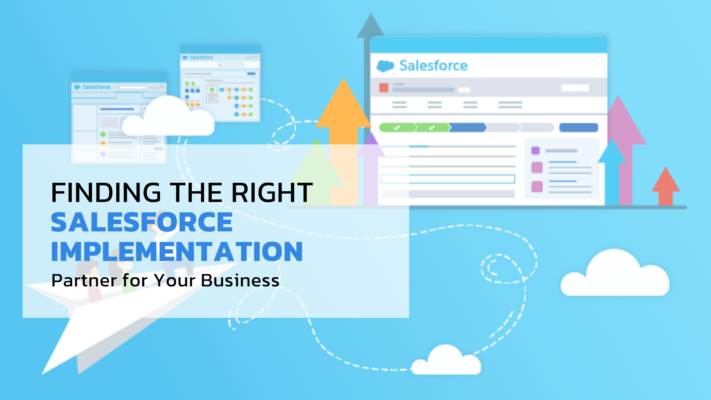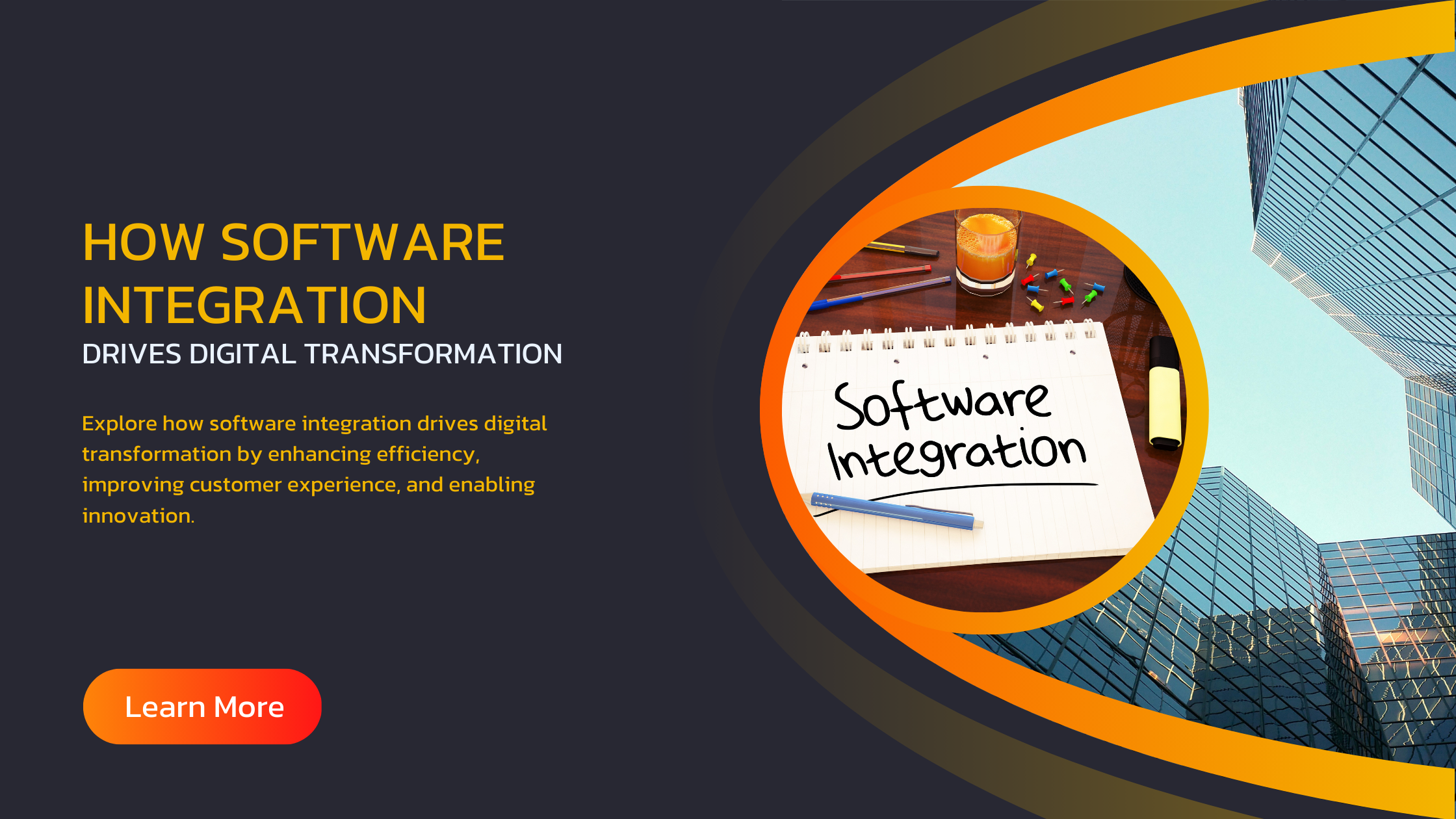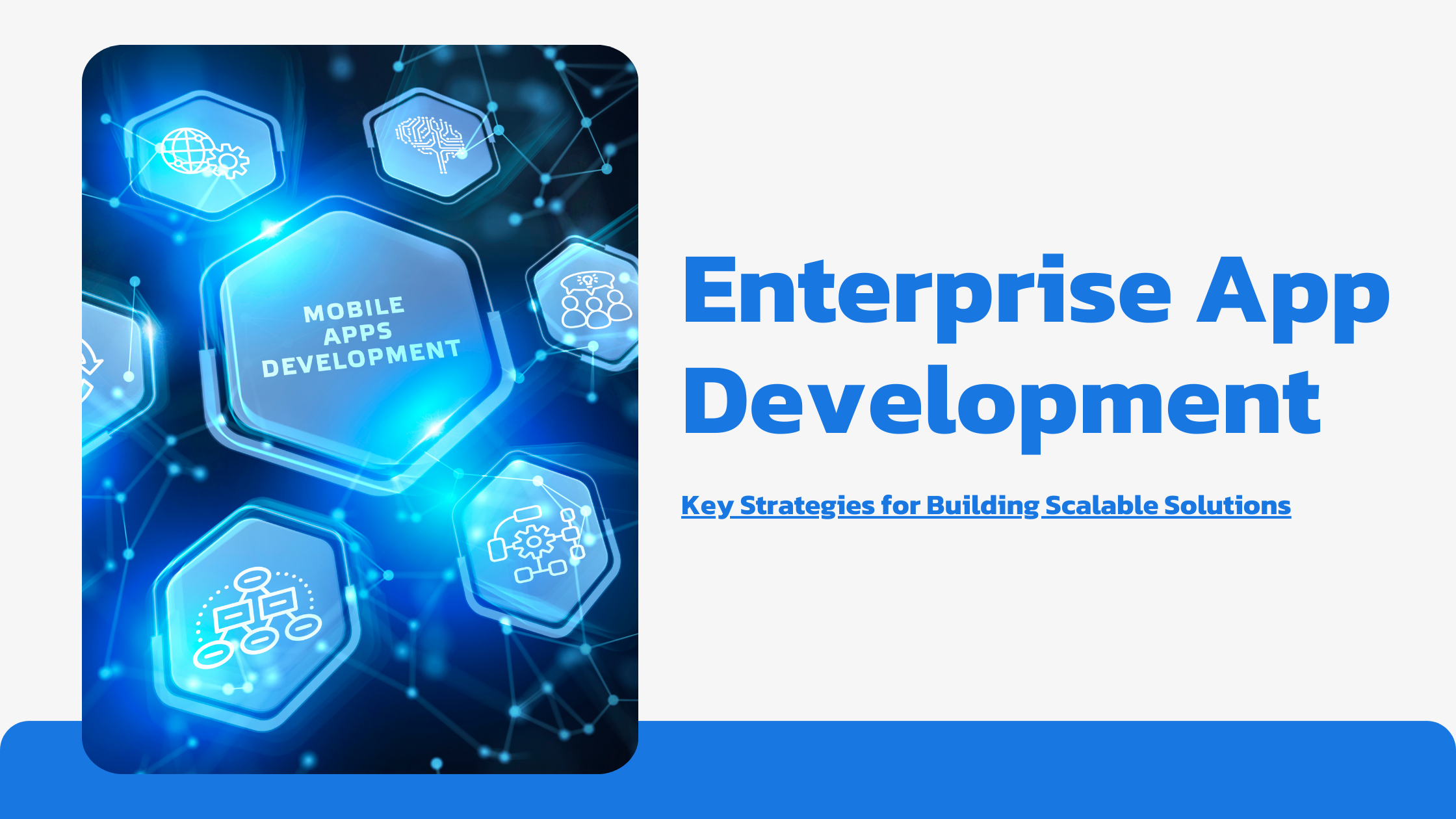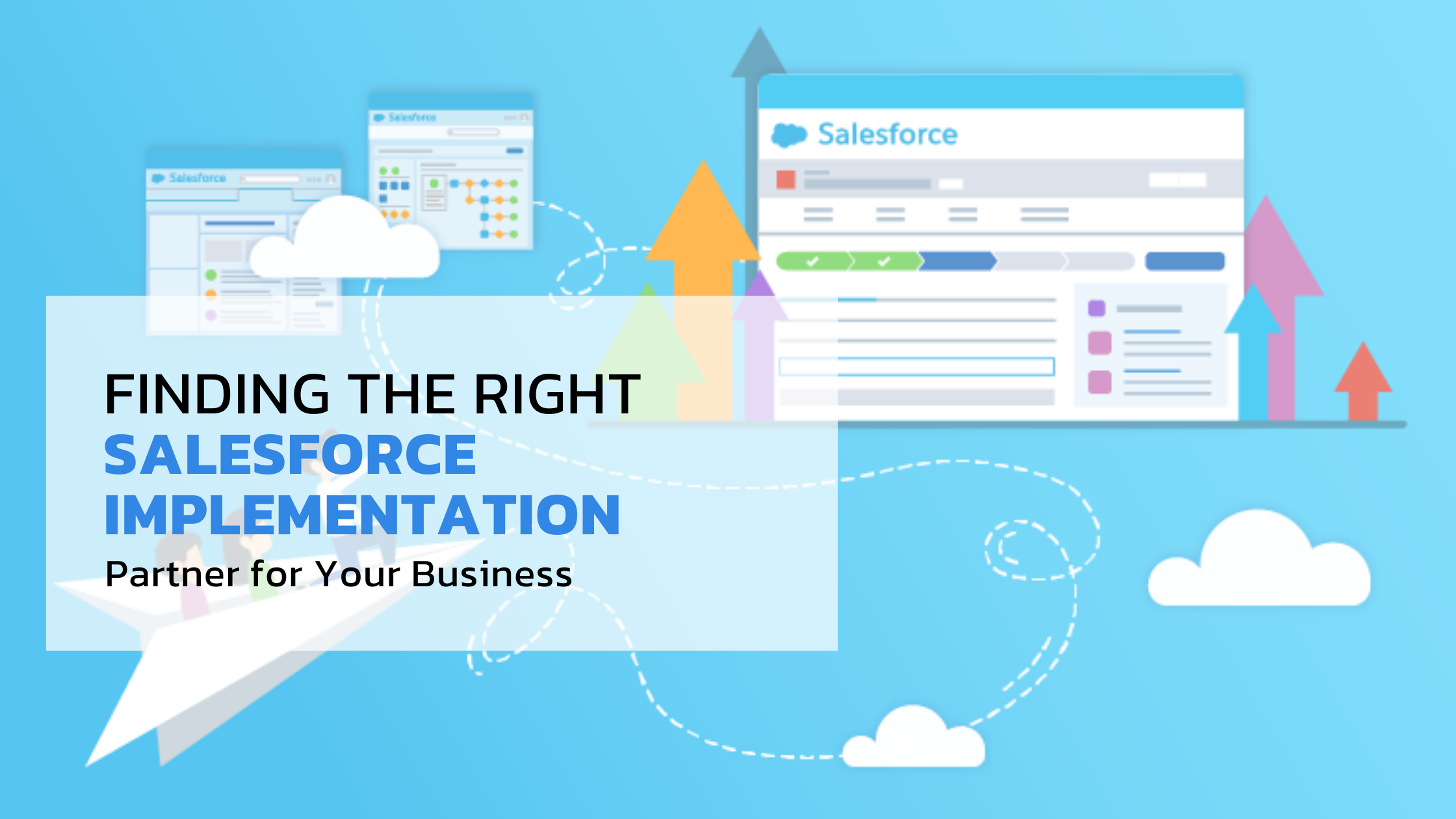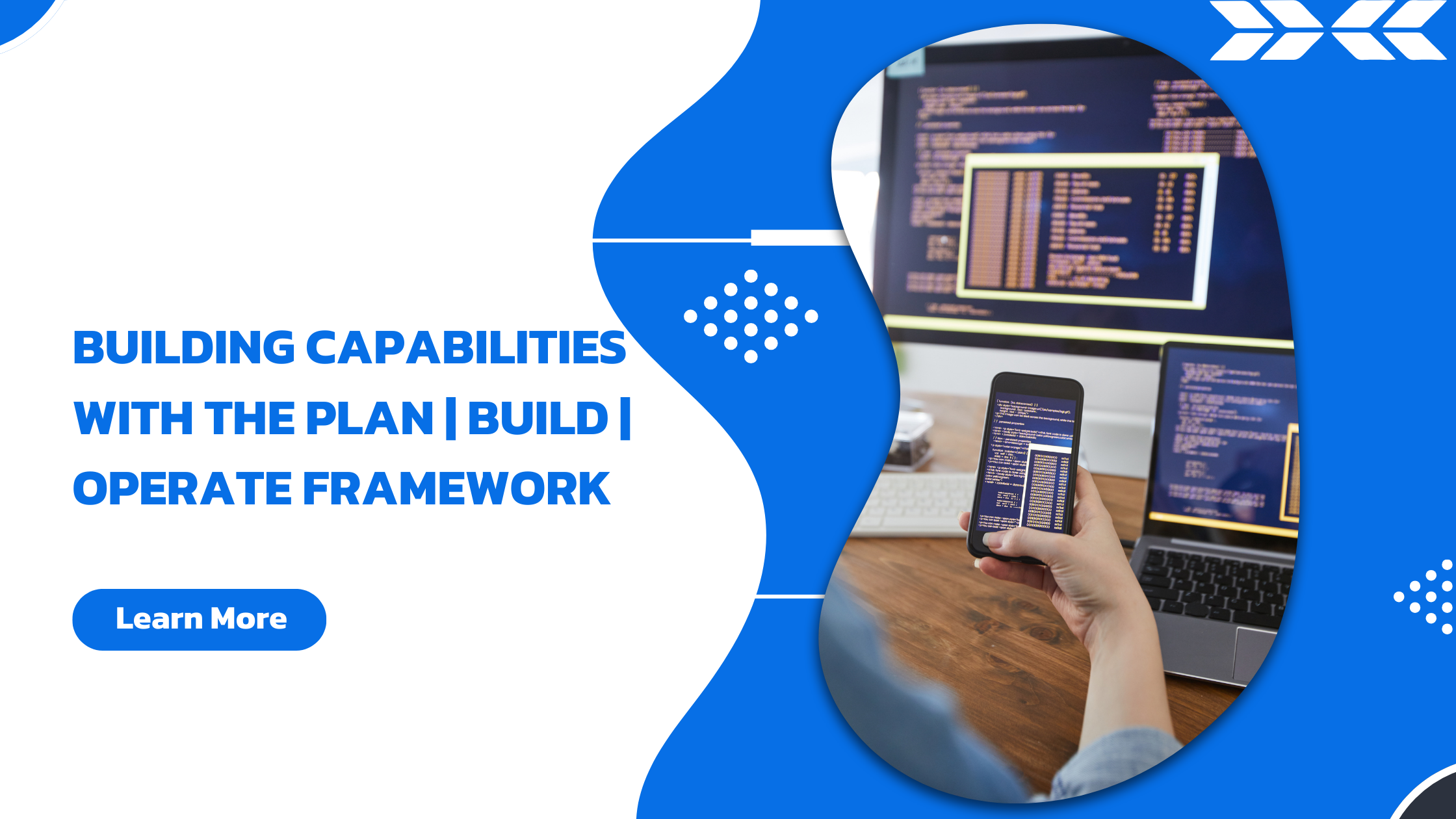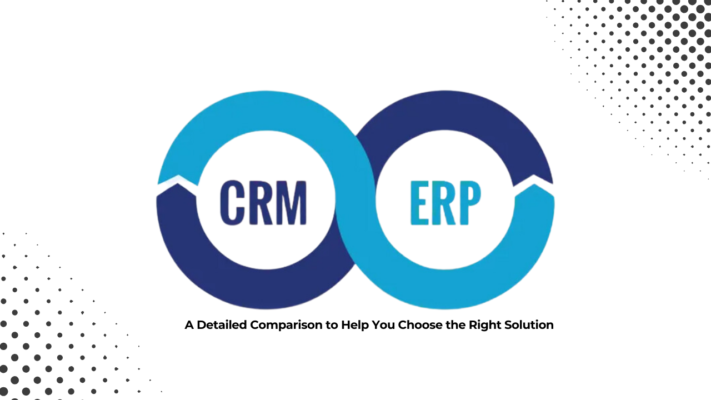
In today’s fast-paced business environment, choosing the right software solutions can significantly impact your company’s efficiency and success. Two critical systems that organizations often consider are Customer Relationship Management (CRM) and Enterprise Resource Planning (ERP) systems. Both CRM vs ERP systems offer unique benefits and serve different purposes, yet they can also complement each other when integrated. In this comprehensive blog post, we will dive deep into understanding CRM and ERP, their benefits, differences, similarities, key features, and how they can be integrated to provide a holistic solution for your business.
What is CRM?
Customer Relationship Management (CRM) is a strategy and set of tools designed to help businesses manage their interactions with current and potential customers. The primary goal of a CRM system is to improve customer relationships, enhance customer satisfaction, and drive sales growth.
Key Functions of a CRM System:
– Contact Management: Storing and managing customer contact information.
– Sales Management: Tracking sales activities, opportunities, and performance.
– Customer Support: Managing customer service interactions and support tickets.
– Marketing Automation: Automating marketing campaigns and tracking their effectiveness.
– Analytics: Analyzing customer data to gain insights and make informed decisions.
CRM systems are particularly useful for sales, marketing, and customer service teams, enabling them to understand customer needs better, personalize interactions, and ultimately build stronger relationships.
What is ERP?
Enterprise Resource Planning (ERP) is a comprehensive software solution that integrates various business processes and functions into a single system. ERP systems are designed to streamline operations, improve efficiency, and provide a unified view of business activities across the organization.
Key Functions of an ERP System:
– Finance and Accounting: Managing financial transactions, budgeting, and reporting.
– Human Resources: Handling employee information, payroll, and performance management.
– Supply Chain Management: Overseeing inventory, procurement, and logistics.
– Manufacturing: Managing production processes, quality control, and scheduling.
– Project Management: Planning, executing, and tracking projects.
– Customer Relationship Management: Some ERP systems include basic CRM functionalities.
ERP systems are typically used by organizations to ensure that all departments work from a single source of truth, thereby reducing errors, improving productivity, and enabling better decision-making.
CRM Benefits
Implementing a CRM system can offer numerous benefits to an organization, particularly in terms of enhancing customer interactions and driving sales growth.
Key Benefits of CRM:
– Improved Customer Relationships: By having access to detailed customer information, businesses can personalize interactions and offer better service, leading to increased customer loyalty.
– Enhanced Sales Performance: CRM systems provide sales teams with tools to manage leads, track sales activities, and forecast sales, ultimately improving sales performance and closing rates.
– Marketing Efficiency: Automated marketing campaigns and detailed analytics help marketing teams target the right audience and measure the effectiveness of their efforts.
– Better Customer Support: CRM systems streamline customer service processes, making it easier to manage and resolve customer issues promptly.
– Data-Driven Decisions: CRM systems offer valuable insights through analytics and reporting, enabling businesses to make informed decisions based on customer data.
ERP Benefits
ERP systems provide a wide range of benefits by integrating various business processes and functions into a single, cohesive system.
Key Benefits of ERP:
– Streamlined Operations: ERP systems automate and integrate business processes, reducing manual work and improving efficiency across the organization.
– Improved Financial Management: With integrated financial data, businesses can manage their finances more effectively, ensuring accurate reporting and compliance.
– Enhanced Collaboration: ERP systems provide a unified platform for different departments to share information and collaborate more effectively.
– Better Inventory Management: By tracking inventory levels and managing procurement processes, ERP systems help reduce costs and prevent stockouts or overstocking.
– Increased Productivity: Automation of routine tasks and improved access to information enable employees to focus on more strategic activities, boosting overall productivity.
What is the Difference Between CRM vs ERP?
While both CRM and ERP systems aim to improve business efficiency, they focus on different aspects of an organization and serve distinct purposes.
Key Differences Between CRM and ERP:
– Focus Areas: CRM systems are primarily focused on managing customer interactions and enhancing sales, marketing, and customer service efforts. ERP systems, on the other hand, focus on integrating and streamlining internal business processes such as finance, supply chain, and human resources.
– User Base: CRM systems are typically used by sales, marketing, and customer service teams. ERP systems are used by a broader range of departments, including finance, HR, manufacturing, and supply chain management.
– Functionality: CRM systems offer functionalities such as contact management, sales automation, marketing automation, and customer support. ERP systems provide a more comprehensive range of functions, including financial management, HR management, supply chain management, and manufacturing.
– Implementation Complexity: ERP systems are generally more complex to implement and require significant changes to business processes. CRM systems are usually easier to implement and can often be deployed more quickly.
How are CRM and ERP Similar?
Despite their differences, CRM and ERP systems share some similarities, particularly in their goals to improve business efficiency and provide better insights.
Similarities Between CRM and ERP:
– Data Management: Both systems collect and manage large amounts of data, which can be used to gain insights and make informed business decisions.
– Automation: CRM and ERP systems automate various business processes, reducing manual work and increasing efficiency.
– Integration: Both systems can be integrated with other software solutions, enabling seamless data flow and improved collaboration across different functions.
– Analytics: CRM and ERP systems offer analytics and reporting tools that help businesses monitor performance and identify areas for improvement.
– Customer Focus: While CRM systems are directly focused on managing customer relationships, ERP systems also contribute to customer satisfaction by ensuring efficient operations and timely delivery of products and services.
Key Features of ERP vs CRM
Understanding the key features of both ERP and CRM systems can help businesses choose the right solution based on their specific needs and goals.
Key Features of CRM Systems:
– Contact Management: Storing and organizing customer information.
– Sales Automation: Automating sales processes and tracking sales activities.
– Marketing Automation: Automating marketing campaigns and tracking their effectiveness.
– Customer Support: Managing customer service interactions and support tickets.
– Lead Management: Tracking and managing leads from various sources.
– Analytics and Reporting: Providing insights into customer behavior and sales performance.
Key Features of ERP Systems:
– Financial Management: Managing accounting, budgeting, and financial reporting.
– Human Resources: Handling employee information, payroll, and performance management.
– Supply Chain Management: Overseeing procurement, inventory, and logistics.
– Manufacturing: Managing production processes, scheduling, and quality control.
– Project Management: Planning, executing, and tracking projects.
– Customer Relationship Management: Some ERP systems include basic CRM functionalities to manage customer interactions.
Integration of ERP and CRM Systems
Integrating ERP and CRM systems can provide a comprehensive solution that leverages the strengths of both platforms. This integration can lead to better data flow, improved collaboration, and enhanced overall efficiency.
Benefits of Integrating ERP and CRM Systems:
– Unified Data: Integration ensures that all customer and operational data is centralized, providing a single source of truth for the entire organization.
– Improved Customer Insights: Combining CRM’s customer data with ERP’s operational data provides a holistic view of the customer journey, enabling more personalized interactions.
– Enhanced Efficiency: Integrated systems reduce data duplication and manual data entry, improving overall efficiency and accuracy.
– Better Decision-Making: With access to comprehensive data from both CRM and ERP systems, businesses can make more informed decisions and identify opportunities for improvement.
– Streamlined Processes: Integration streamlines workflows across different departments, ensuring smoother operations and better collaboration.
Challenges of Integrating ERP vs CRM Systems:
– Complexity: Integrating two complex systems can be challenging and may require significant time and resources.
– Data Migration: Ensuring accurate data migration and mapping between systems is crucial for a successful integration.
– Customization: Customizing the integrated system to meet specific business needs can be time-consuming and may require specialized expertise.
– Cost: Integration projects can be expensive, especially for small and medium-sized businesses.
Despite these challenges, the benefits of integrating ERP and CRM systems often outweigh the costs, providing a powerful solution that drives business growth and efficiency.
Conclusion
Choosing between a CRM vs ERP system depends on your organization’s specific needs and goals. CRM systems are ideal for businesses focused on improving customer relationships, enhancing sales performance, and streamlining marketing and customer service efforts. On the other hand, ERP systems are best suited for organizations looking to integrate and streamline their internal business processes, improve financial management, and enhance overall operational efficiency.
While CRM and ERP systems serve different purposes, they can also complement each other when integrated, providing a comprehensive solution that leverages the strengths of both platforms. By understanding the key differences, similarities, and benefits of CRM vs ERP, businesses can make informed decisions and choose the right solution to drive growth and success.
For expert guidance and solutions in product development, consider partnering with Upcore Technologies, a leading company in the field. Upcore Technologies offers innovative solutions tailored to meet your business needs, ensuring you achieve your goals with the right technology and strategies.
By leveraging the power of CRM and ERP systems, businesses can enhance their efficiency, improve customer satisfaction, and drive long-term growth. Whether you choose a CRM, an ERP, or an integrated solution, the key is to align the technology with your business objectives and ensure that it supports your overall strategy.


